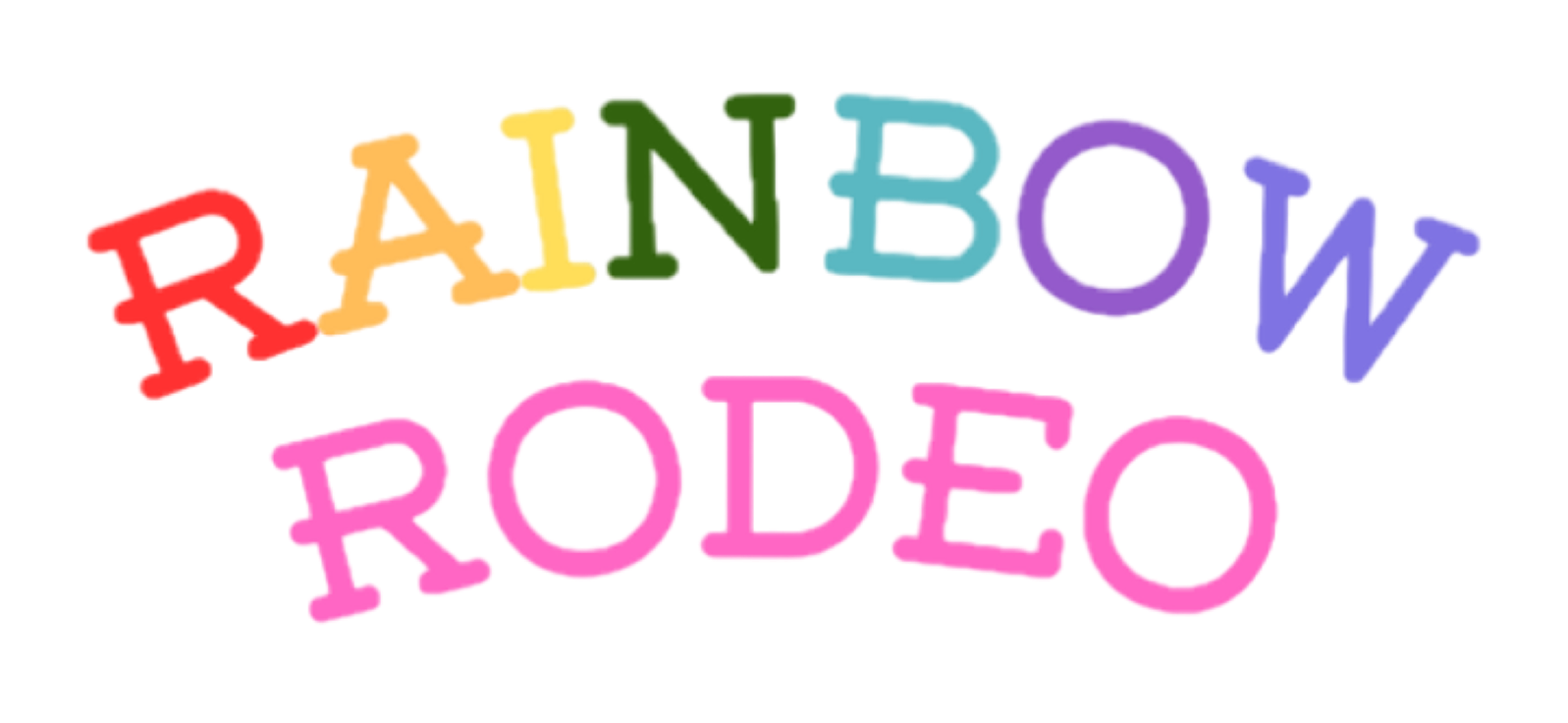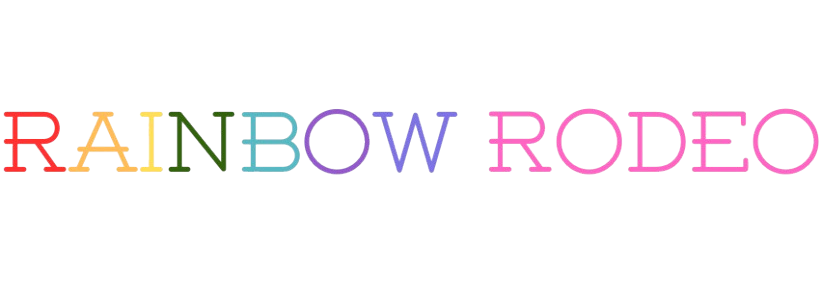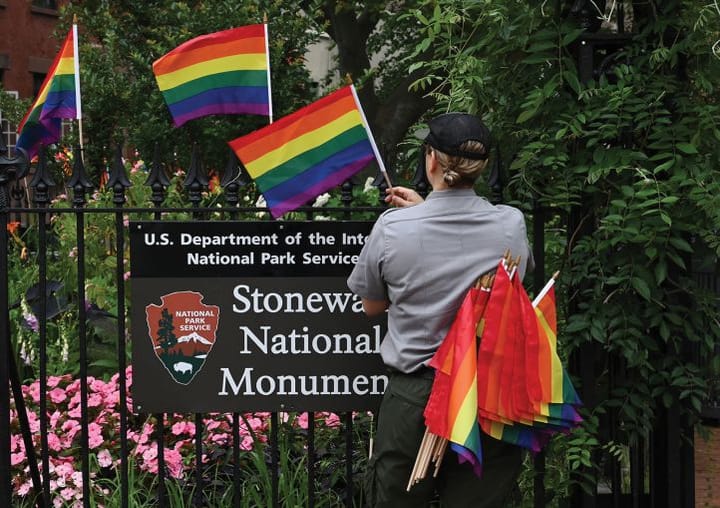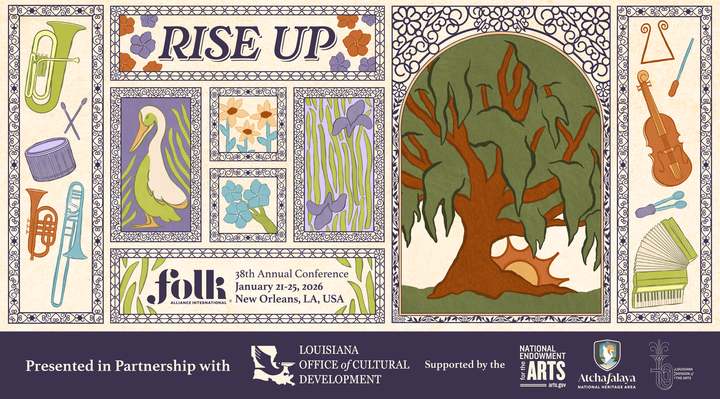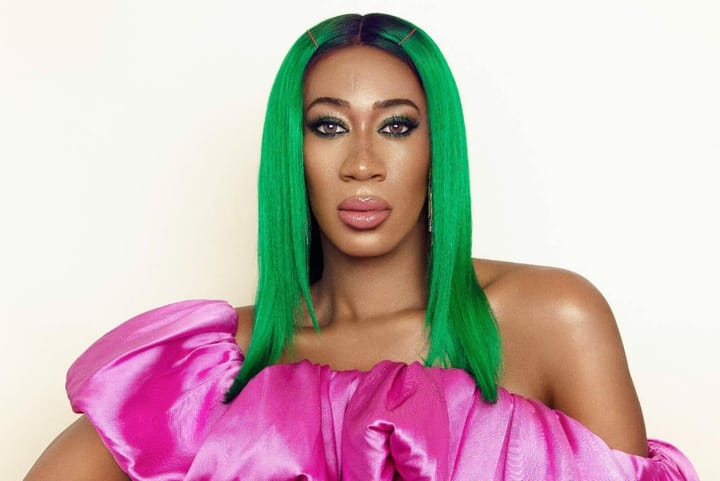The Authenticity Myth of Country Music
Contributor Josh Friedberg dissects the myth of authenticity in country music -- and takes us through a literature review of scholars and journalists hard at work to dispel it.
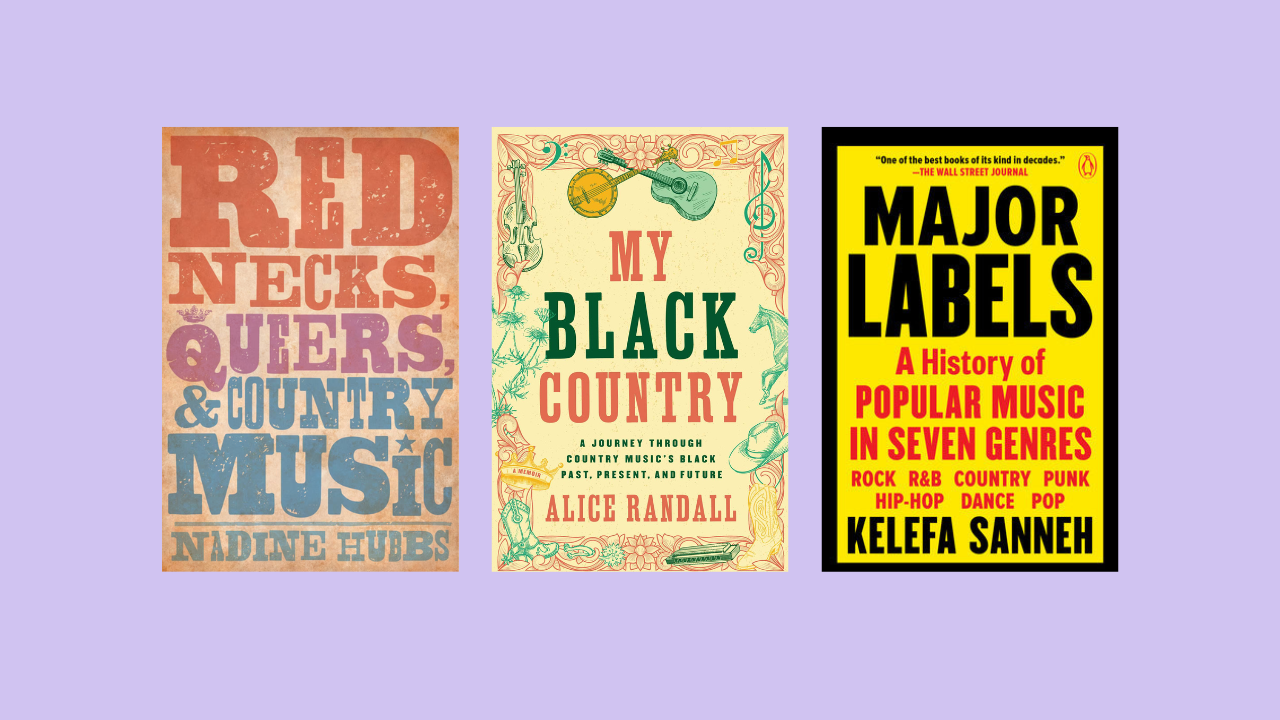
“Authentic” and “pure” are prickly words. No one really knows–or wants to name–what is considered authentic, but they sure seem to know what its opposite is.
But what is inauthentic/impure/phony? In country music, a genre known for its battles over what is “real,” it usually comes down to three overlapping categories: sound, politics, and identity.
For one, country music’s sound has never been consistent, let alone uniform. As scholars like Nadine Hubbs and Pamela Fox have convincingly argued, country music is a commercial category, rather than any specific sound.
Instruments like the fiddle, banjo, guitar, steel guitar, and drums have all gone in and out of fashion in country, which points more to shifting tastes and marketing practices than any one sound defining country music. Even purists like country music’s preeminent historian, Bill C. Malone, call the genre a musically and culturally hybrid form, which contradicts the idea that country music has ever been pure.
Another dominant perception of country music is that its politics are uniformly conservative – ”purely” so. Despite the widespread association between country and conservative politicians and causes, there have long been progressive voices at the center of the genre’s history, including Willie Nelson, Dolly Parton, Kris Kristofferson, Garth Brooks, and the Chicks.
To ignore these artists’ contributions to country music history based on a political purity test would be absurd, and such a proposition further exposes the problems of such a litmus test for country’s consumers and producers.
And then there’s the most hotly contested measure of authenticity in country today, one that can affect perceptions of sonic and political authenticity: the test of social identity, or, is the person (constructed as) a cis-hetero white man? Women, LGBTQIA+ folks, and/or people of color face considerable hurdles among industry professionals and fans, including at country radio, television, and awards shows.
The fact is that an artist as largely talentless as Morgan Wallen has far more of a chance breaking into country music based on race and gender than Adeem the Artist, Chris Housman, Mickey Guyton, Crys Matthews, or any number of other, far superior talents to Wallen–all dismissed as less than “not country enough”; they’re seen as “not country,” period.
This perception shortchanges the quality of country music for many listeners who aren’t exposed to better country music from marginalized artists. However, sadly, many professionals actively reinforce this gatekeeping because it appears to help country music’s bottom line to exclude artists seen as subversive and “woke.”
But while there is bountiful racism, sexism, and cis-heterosexism in the dominant culture of country, it is not only in country music in general. It doesn’t excuse such institutional oppression to acknowledge that country music and culture(s) often get singled out for their more conspicuous expressions of such oppression than genres associated with middle class audiences, such as rock or classical music.
Sign in or sign up to learn more about the country music history Music Row doesn't want you to know!
